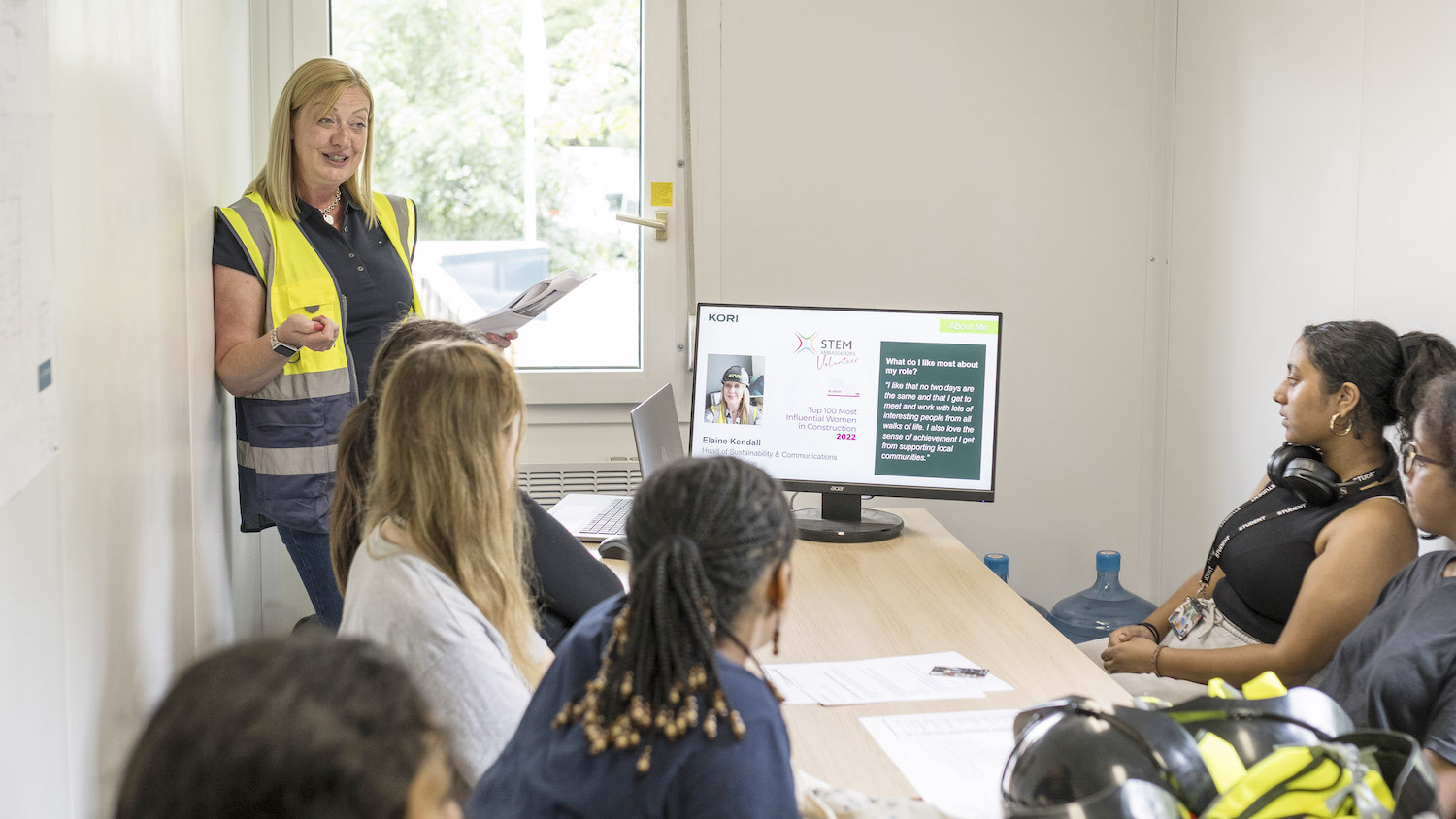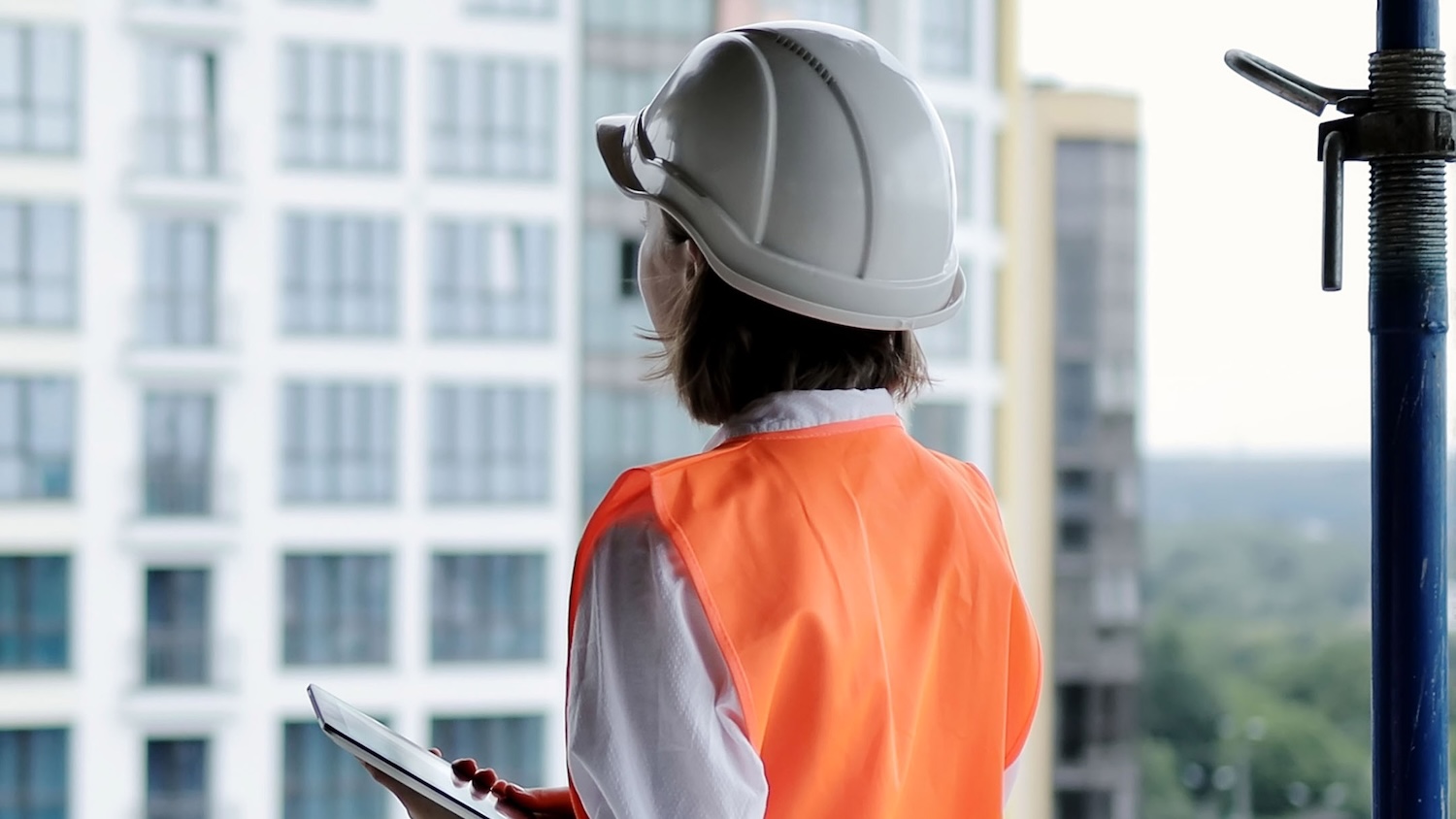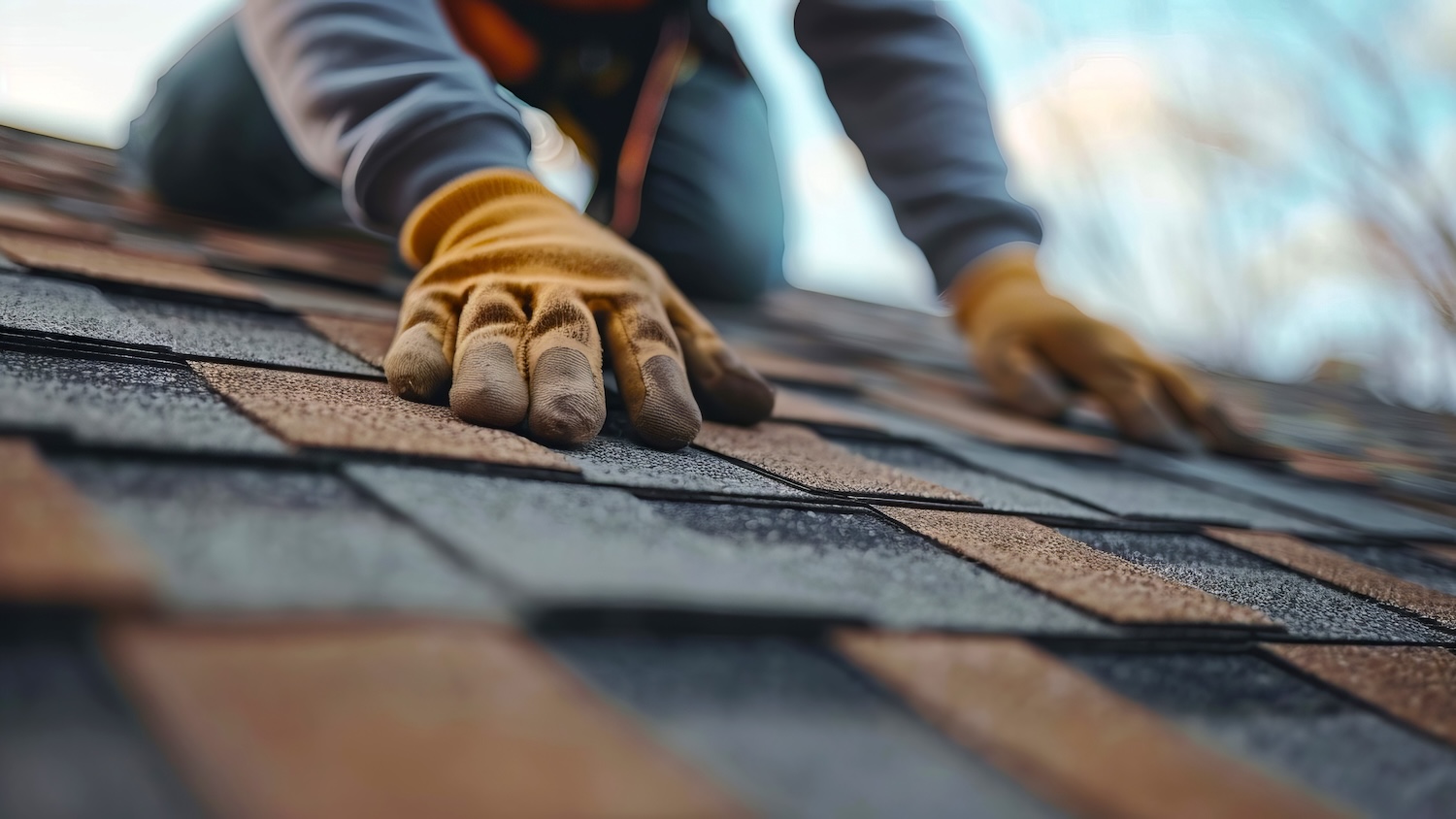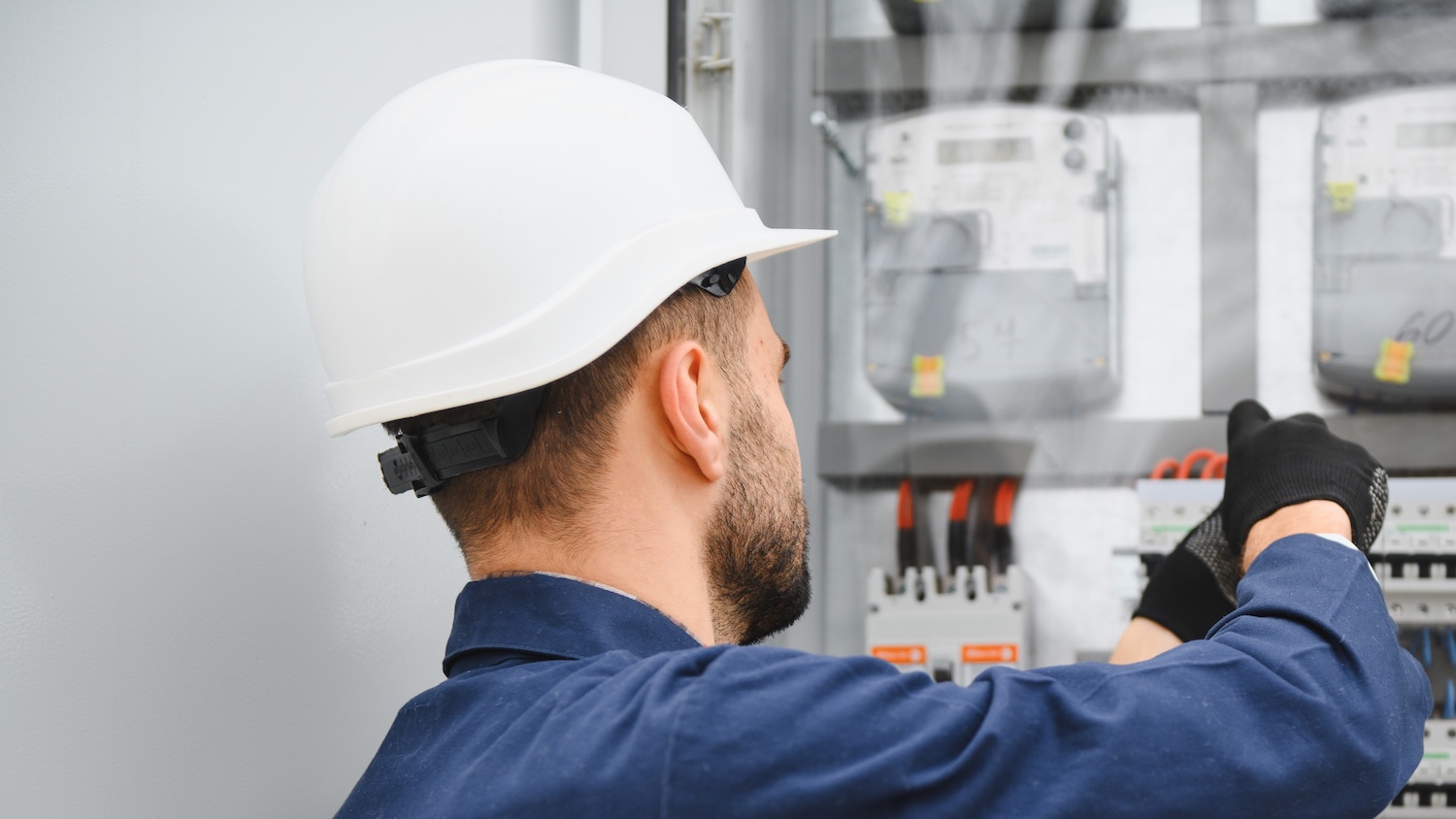
Think social value is too difficult? Well, think again
Competing in the modern construction landscape requires businesses to rethink their approach to social value
Social value. Seems like a lot of work, doesn’t it?
And what for? An intangible benefit to unknown groups that is hard to articulate and harder to measure.
It just adds to the workload of already busy SMEs trying to create outstanding developments for demanding clients.
Who has time to take social value seriously?
Well, if you want to compete in the modern construction landscape, perhaps it’s time for a rethink.
The fact is, creating genuine, demonstrable social value for our communities, and the communities around our developments, is becoming an increasingly important element of bid evaluation.
It is already commonplace in public sector procurement – try winning any work with the NHS without a robust social value strategy – and is fast seeping into the private sector, too.
Social value as a deliverable is pervading all aspects of the construction industry and anyone who doesn’t take it seriously is severely diminishing future opportunities.
SMEs at the forefront
But the good news is that SMEs are best placed to deliver social value and many are already doing it.
Employing local people and using local suppliers creates social value. Jobs fairs where hundreds of hours of informal careers advice are dispensed; that’s social value. Dealing with waste in a sustainable way. Social value.
SMEs are also far more likely to invest in their own community, from sponsoring sports teams to raising money for local causes. Both great examples of social value.

While this activity is fantastic and should be captured, to optimise impact a strategy should be put in place for each development you work on.
Often, we start with ONS data around the demographics of an area and if we discover, for example, a high percentage of young people not in education, employment or training (NEETs), we partner with local organisations to deliver initiatives such as workshops on CV writing and interview technique.
Sustainability, too, forms an important part of our social value strategy, and we constantly innovate new ways to lower the environmental impact of our schemes and our business.
When it comes to communities, communication is key. Keeping local stakeholders informed about progress – and listening when they have feedback – plays a vital role in being a good neighbour.
Getting on top of measurement
But let’s not forget the elephant in the room – measurement. Surely social value is intangible and practically impossible to measure?
No. The government’s social values model and frameworks such as the TOMs Social Value Portal have done a lot to demystify social value measurement.
Becoming familiar with these tools and starting slowly with an aim to grow social value activity over time is the most effective way to make it part of your business culture.
Optimising social value is working well for us and has contributed to better relationships with local communities and clients.
It has also played a part in Kori Construction winning SME of the Year at the Construction Excellence Awards Midlands 2023, and ultimately has enhanced bid success.
So, as demand for social value accelerates, the real question should be: who can afford not to take it seriously?
Rather than intangible and difficult to measure, social value might just be the difference between winning that all-important bid and not.
Elaine Kendall is head of sustainability and communications at Kori Construction.
For more information on the opportunities and challenges that SMEs can face on the social value journey, read CIOB’s special report Social value and SMEs: It’s not going away
Comments
Comments are closed.







Thanks for this insightful article, and just to note the excellent report by CIOB, referenced at the end.